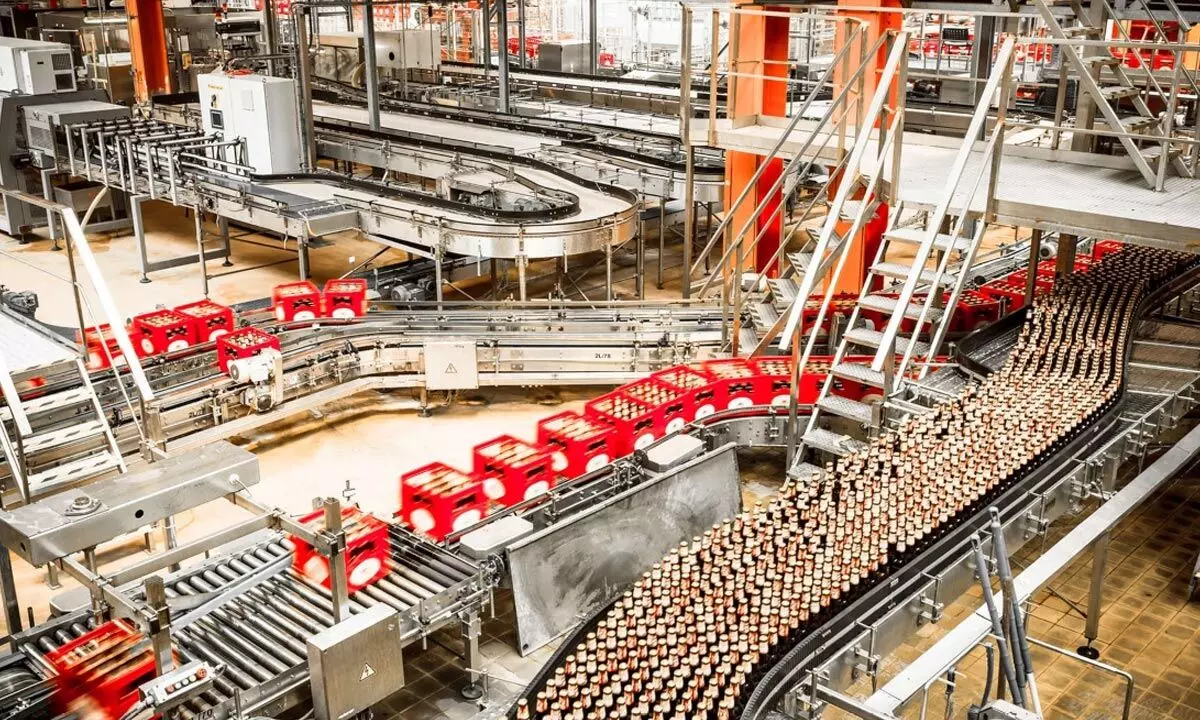Can India cash in on growing demand for processed food?
There are more reasons than one why India has enormous opportunities to develop its food processing industry - not only for its large domestic market, but for the larger export markets as well.
image for illustrative purpose

There are more reasons than one why India has enormous opportunities to develop its food processing industry - not only for its large domestic market, but for the larger export markets as well. When it comes to production of agriculture products, India already enjoys a strong position. And now in the wake of fundamental shifts in consumer behaviour thanks to the pandemic, growing awareness, convenience and lifestyle changes and health consciousness, consumers are increasingly gravitating towards processed and packaged foods, leading to higher growth prospects for Indian food processing industry. Mind you that we live in an increasingly connected world, where consumers can access products from across the world.
According to a recent Boston Consulting Group (BCG)-Ficci report, India's food production industry is estimated to be worth over $400 billion and is the primary source of livelihood for over 45 per cent of the country's population. But is India being able to cash in on this and latch on to the opportunities?
Ironically, the level of food processing in India across categories is nothing to write home about, especially in higher processing categories including secondary and tertiary processing. If the BCG-Ficci report is anything to go by, India's share of agri-production is 9.5 per cent globally, while its share in the export of overall food products is 2-3 per cent - with share in export of processed food category even lower at 1-2 per cent. When it comes to exports, the total agriculture and food related exports from India stood at nearly $50 billion in FY2022.
There is no doubt whatsoever that there are many challenges why India could not utilise the opportunities in this area to the fullest extent. At this point in time, the not-so-happy trend can be attributed to low-cost competitiveness, product quality concerns, limited brand strength in overseas markets, lack of infrastructure for processing, storage and logistics, as well as limited compliance to sustainability and ethical requirements.
Public and private stakeholders of the sector should take concerted efforts with a structured plan of action so as to enable India tap the huge potential and thereby unlock the true value of the sector. India can do that by focusing aggressively on the global or exports markets.
What India needs to do is adopt crop value chains by establishing of crop-specific PPP model, provide support to small farmers in addressing cost and quality related challenges for the agri-produce, reinvigorate promotion of Indian-origin brands globally, institutionalize industry-academia collaboration to help and boost R&D activities in the area, set up collaboration among private players for setting up and sharing infrastructure facilities, and to establish sustainability and ethical norms and ensure compliance. In today's context, it is of utmost importance that Indian food manufacturers meet the increasing demand for products that have been manufactured in compliance with sustainability and ethical norms. Some food for thoughts, for sure.

